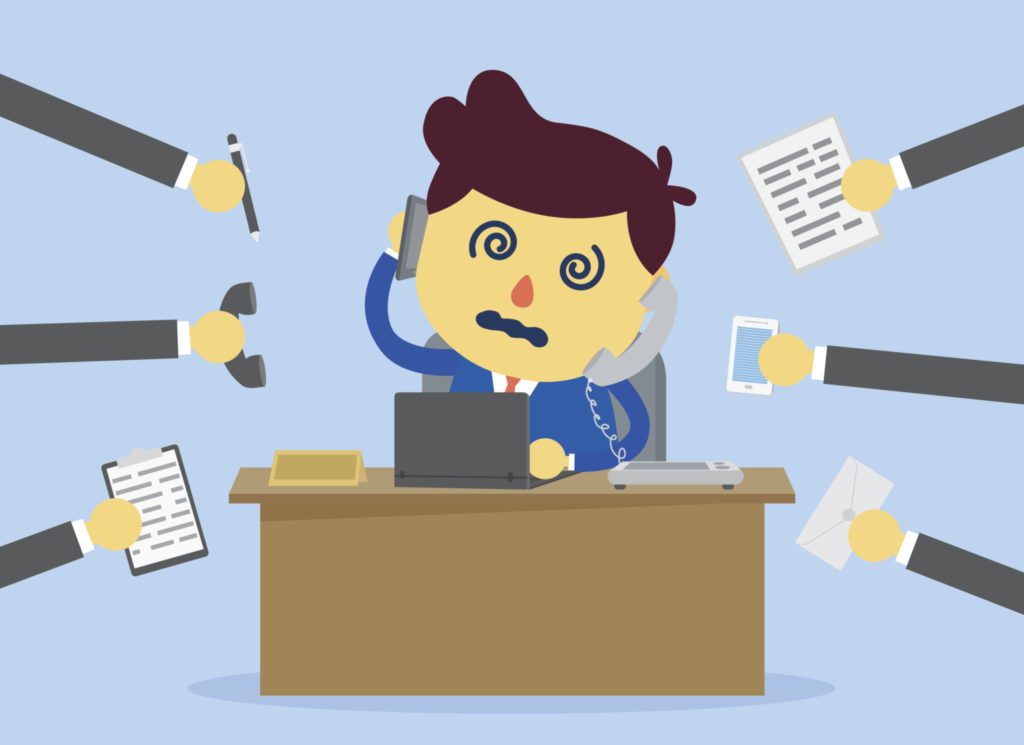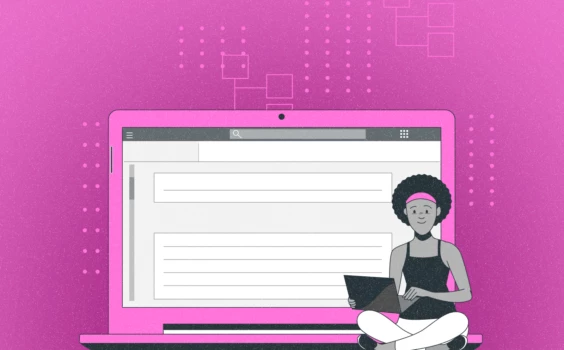
The 12 Best Ways to Eliminate Distractions When Working Remotely

Surveys after surveys regarding these days’ working environment all reveal one thing: working from home is great. You get to set your own hours, avoid wasting precious time commuting, and you are able to tackle complex work in the comforts of your home. The benefits of working from home can convince even the most avid supporters of 9 to 5 jobs and office-based environments to take the plunge.
Working remotely is not only beneficial to remote employees, but to businesses and companies that hire them as well. Studies show that those who work from home have less turnover, work harder, and offer better return-on-investment over employees who work in the same location. But even with all these advantages, pitfalls to productivity when working still exist, and they become much more evident when working from home. In fact, Buffer conducted a survey that showed distraction ranked third at 16% of the biggest struggles of remote workers, after loneliness and collaboration.
Without a supervisor peering over your shoulder every now and then or a coworker to bounce ideas off of, it becomes easier to get distracted… and distracted and distracted. You know you have some work to do, and you know you want to do them, but how do you move past all the little, big things that are gnawing at your back? We have put together a list of 12 of the best ways to eliminate distractions when working remotely.
Designate a Set “Office” Space (Free of Clutter)

There is a reason clutter is synonymous to mess, and both definitely mean something not any of us wants. Creating a professional atmosphere is key to increasing productivity and decreasing stagnation. Each clutter on the desk tends to vie for your attention, so the less things you have on your desk, the more focus you have on your tasks.
Avoid Switch-Tasking
Neuroscientists suggest that multitasking drains the energy reserves of the brain. The myriad of activities you think you have to do crammed into one morning, and the constant switching between them can be enough to drain your energy. Do one task in one period of time and focus on it as much as you can to avoid feeling overwhelmed.
Schedule Your Time and Follow a Routine

If you have not adapted the habit yet, it is highly advisable to start scheduling your day ahead. Scheduling your time and having a regular routine can help reduce decision fatigue and procrastination. Evaluate at which time of the day you have the most focus and energy and use that time to tackle bigger and more important projects. That way, you spend less time worrying about which task to do next and get as much work as you can without having to compromise one project for another.
Follow the Rule of 52 and 17
According to the Draugiem Group’s recently conducted experiment using DeskTime, the secret to any employees’ greater output is the rule of 52 and 17. This rule is considered to be the formula for perfect productivity. How it works is you work for 52 minutes and you take an effective break for 17. When you are working for a few minutes straight and feel drained, remember to take a pause to recharge your energy to go at it again. This might sound counterproductive, but this keeps motivation up, gives the brain a few minutes to reanimate, and keeps the creative juices flowing.
Limit Your Time On Social Media

Social media comes with a lot of bells and whistles. Studies show that the average employee spends one to three hours every day on non-work-related websites while working – that is more than ten hours over the course of a work week. Without a supervisor or coworkers, you might spend your time less efficiently. Avoid platforms like Facebook, Twitter or Instagram (unless it is work-related) as they tend to suck up so much of your time without you even noticing it. There are also tools, like StayFocused, that block specific websites after you spend an allotted time browsing through them.
Set Clear Boundaries
It is best to establish clear working hours and emphasize that to your family or the people you live with. Make it known that you are not to be disturbed when you are working and make sure everyone knows what’s up. As much as possible, try to be alone or try wearing headphones as you work to avoid getting distracted by the people in the space with you. Headphones = definitely in your zone.
Consider Time Tracking and Screenshot Monitoring

Monitoring the ways in which you spend your time working helps not only your employer track your progress, but it can also help you understand how to increase your productivity and analyze your personal efficiency and work output. An effective and efficient time tracking and screenshot monitoring software can help you acquire real, tangible examples of your great work and help employers do away with biased and uninformative reviews of your performance.
Stay Out of Your PJs
Research suggests that we tend to adopt the characteristics of a piece of clothing we decide to put on. Clothing can create symbols, so when we put one on, we prime our brain to behave in a manner that is consistent with the clothing’s meaning. Staying in your pajamas while working will only make you want to lounge around. So take a shower first thing in the morning and put on some casual clothing, this simple action can be the jumpstart you need for a very productive working day.
Build In Regular People Time

As mentioned, loneliness is the biggest distraction when working remotely. Getting to work from home is great, but it also means you become more isolated. The easiest way to combat this loneliness when working remotely is to build in regular meetings with other people. Whether it is simply taking your friend out for coffee or sharing a workspace with a fellow remote worker, human interaction from time to time keeps you motivated and productive.
Reward Yourself
Once you become distracted from your primary task, it takes about 23 minutes to start at it again, and this is not productive. Rewards motivate you to continue plugging away and allow you to work faster. Make a deal with yourself, say for example, if you finish this one big project, then you can allow yourself to watch an hour of your most favorite tv show. So why wait to watch it at 5PM when you can watch it at 4?
Maintain a Healthy Lifestyle
Physical and mental energy are crucial to juggling your priorities effectively, so it is absolutely paramount that you take good care of yourself. Sleep deprivation can create a feeling of deep exhaustion. Dehydration can impact your thinking. So drink plenty of water, get enough sleep, and it will becomes easier for you to shrug off any distractions.
Go Out Once In a While
 Distraction is often motivated by boredom. When you feel alone, your brain will start imagining the more fun things you could do instead of focusing on the task at hand. Working from a coffee shop, a library, or any change of scenery with a high-speed Wi-Fi connection can definitely help. Change can stimulate the brain and you will find that you will not feel quite so onerous anymore.
Distraction is often motivated by boredom. When you feel alone, your brain will start imagining the more fun things you could do instead of focusing on the task at hand. Working from a coffee shop, a library, or any change of scenery with a high-speed Wi-Fi connection can definitely help. Change can stimulate the brain and you will find that you will not feel quite so onerous anymore.
Conclusion
With all that said, it is almost impossible to stay focused all throughout your work hours, whether you are in an office or working from home. Accept the fact that distractions are always there; pretending they do not exist will not do you any favors, it would cause the opposite effect and let you become more aware of them. There are different challenges that attempt to take your attention, but there are multiple ways (like the ones we mentioned), software, and resources available at hand to combat each and every single one of them.
Try Monitask
Track employee productivity and simplify work with them


